Standing timber prices achieved by Coillte for the third quarter fell marginally compared with the second quarter this year. However, prices are still excellent for all log size categories. As we reported last September Coillte achieved record prices for standing timber during the period April to June.
Then, log prices in all size categories greater than 0.324m3 received an average of €81.00/m3 compared with €55.00 during the same period in 2017. Prices for most categories over 0.475m3in the third quarter fetched over €80/m3. Private sales were mainly in the €52-€59/m3 price range in those size categories.
Assessing timber prices by quarter is useful but a more relevant exercise is to compare log prices over a longer period. We received prices recently for the first nine months of this year and compared them with the same period in 2017. The results show a significant price increase in private sales but a much more dramatic increase in Coillte sales. On a size category by category comparison standing timber prices for the first nine months this year are up by 34% for Coillte and 20% for private sales over the same period last year (Table 1).
Coillte provides data for roundwood prices for log size categories from 0.175m3 and upwards (medium to large sawlog) while small logs – pulpwood – are retained for processing in the company’s own panel board mills and a small volume for wood energy.
There are occasional lots sold in the small log category but the best indicator of private log prices for small wood – mainly pulpwood – categories is for private or Wood Price Quarterly (WPQ) sales, sourced from private forests and compiled by UCD for the Irish Timber Growers Association.
The average price for small logs ((up to 0.174 m3)) achieved per m3 in 2018 was €15.52 compared with €10.81 in 2017 (Table 1). There is a good demand for small logs in Ireland but over the past six months excellent prices are being achieved in the UK and it is noticeable that a significant volume of pulpwood is now being exported in the round to the UK through Sligo, Limerick, Drogheda and Wicklow ports. This means that prices in the region of €400 to €650/ha are achievable in first thinning less fees for consultancy for the organisation of felling licences, sales, harvesting and possibly roading which will vary depending on size of site, yield and quality of the crop.
Prices achieved in third thinnings and clearfells are between €70 and €85/ m3 for logs in excess of 0.3m3, providing an income of between €20,000 and €30,000/ha. In the case of clearfells, the age of the crop is a major factor in determining price. For example, a crop clearfelled at age 25 will have a much higher content of pulpwood and medium log sizes (often referred to as pallet or boxwood) as well as a much smaller overall volume than a 35 year old crop (see Leitrim clearfell).
The difference in yield over 10 years may exceed 200 m3 /ha with intermediary income achieved from at least one thinning.
Also the percentage of large sawlog is much higher in older crops. The price differential therefore between clearfelling early and waiting may be as high as €12,000/ha in addition to thinning income. The advice is to wait providing the crop is on wind firm site.
Co. Leitrim forest realises €13,900 per acre at clearfell
The prices achieved by Coillte and WPQ (Table 1) are often questioned by readers who maintain that these only apply to large scale forests. Large scale forests undoubtedly have advantages of economies of scale, but timber harvested in small 5-10ha forests are achieving excellent prices. This was illustrated during a recent field trip to a privately owned forest in Co. Leitrim as part of the newly established Knowledge Transfer Group (KTG) programme in the county. Organised by Western Forestry Co-op, it’s one of 52 KTGs approved throughout Ireland.
Members of the KTG – used to talking in acres – visited the 15 acre (6ha) site carrying mainly Sitka spruce. “The 34 year old crop was unthinned and yielded an impressive 3,000 tonnes of high-quality timber,” said Victor Barber of Western Forestry Co-op who is the KTG facilitator. “The site netted a healthy €13,900 per acre (€34,300/ha) which allows the owner sufficient funds to reforest the site at approximately €1,200/ha.” It also allows the owners sufficient funds to invest before the next rotation reaches the thinning stage in 15 years.
The timber is processed in the west by ECC Teoranta, the Corr na Mona, Co. Galway based sawmill. Most timber harvested in the county is processed in west of Ireland sawmills as well as wood energy plants and sawmills in Co. Leitrim, while virtually all pulpwood goes to Masonite in Carrick on Shannon.
“ Interestingly the site was originally pit planted at 2.4 meter spacing resulting in an excellent percentage of sawlog with no windthrow at all in the forest,” said Victor Barber. “There was only 8% pulp produced, which proves that heavy soils in Ireland can produce high quality timber.”
He said each KTG is limited to 20 members and demand has far outstripped the number of places available in groups hosted by Western Forestry Co-op. “Forestry KTGs are ideal for farmers with forests as most growers are familiar with similar schemes which have been running for years in beef, sheep, dairy and tillage,” he maintained.
“We hope that funding similar to that which is provided for other agricultural sectors will be available in 2019 to encourage and grow a local, indigenous and generational forest culture, which is commonplace in the agricultural scene in rural Ireland. The concept of the KT programme is to bring forest owners together in an informal setting where the facilitator encourages peer to peer learning. The topics for each session are decided on by the participants and what is relevant to their learning needs.”
As well as providing vital information – free of charge –on forest management, each participant receives €490 for attending seven sessions. Further information is available from Western Forestry Co-op (071-9161458).



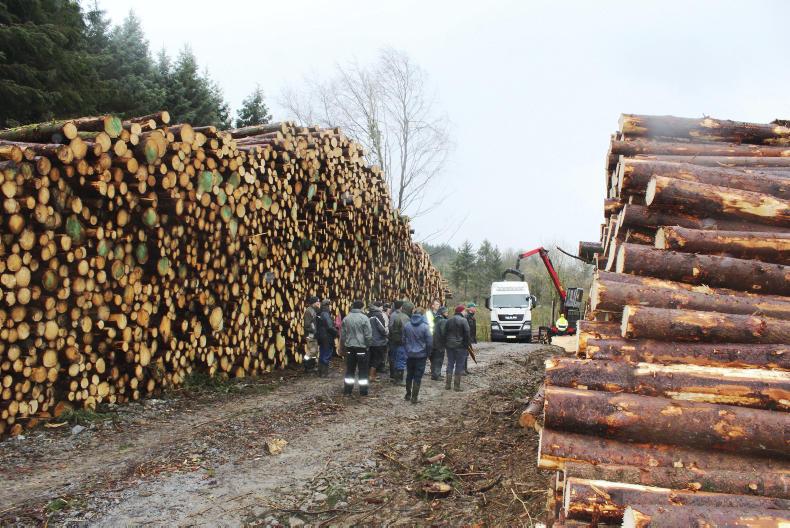

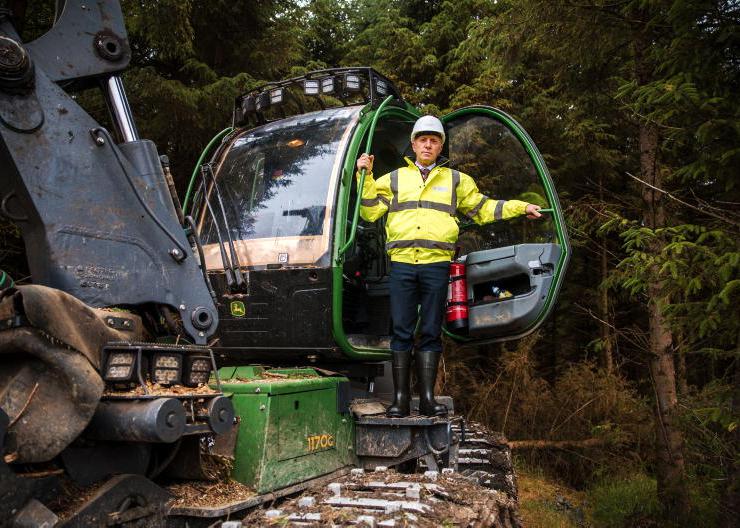

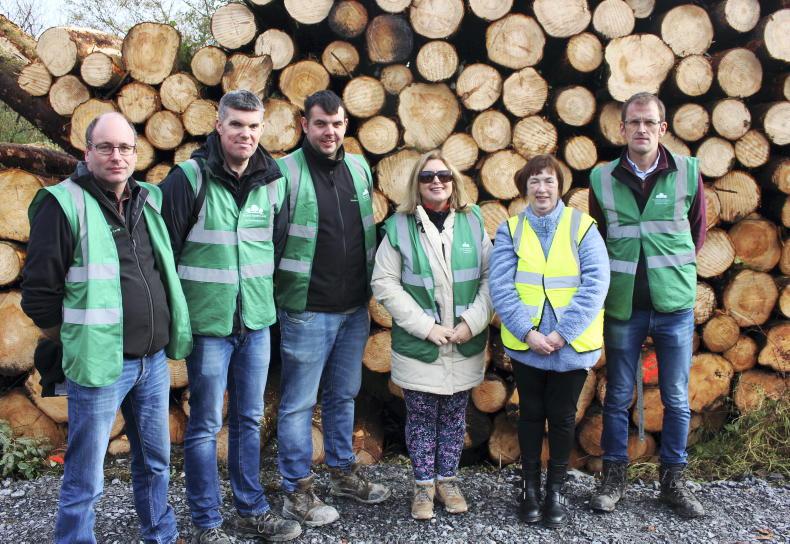
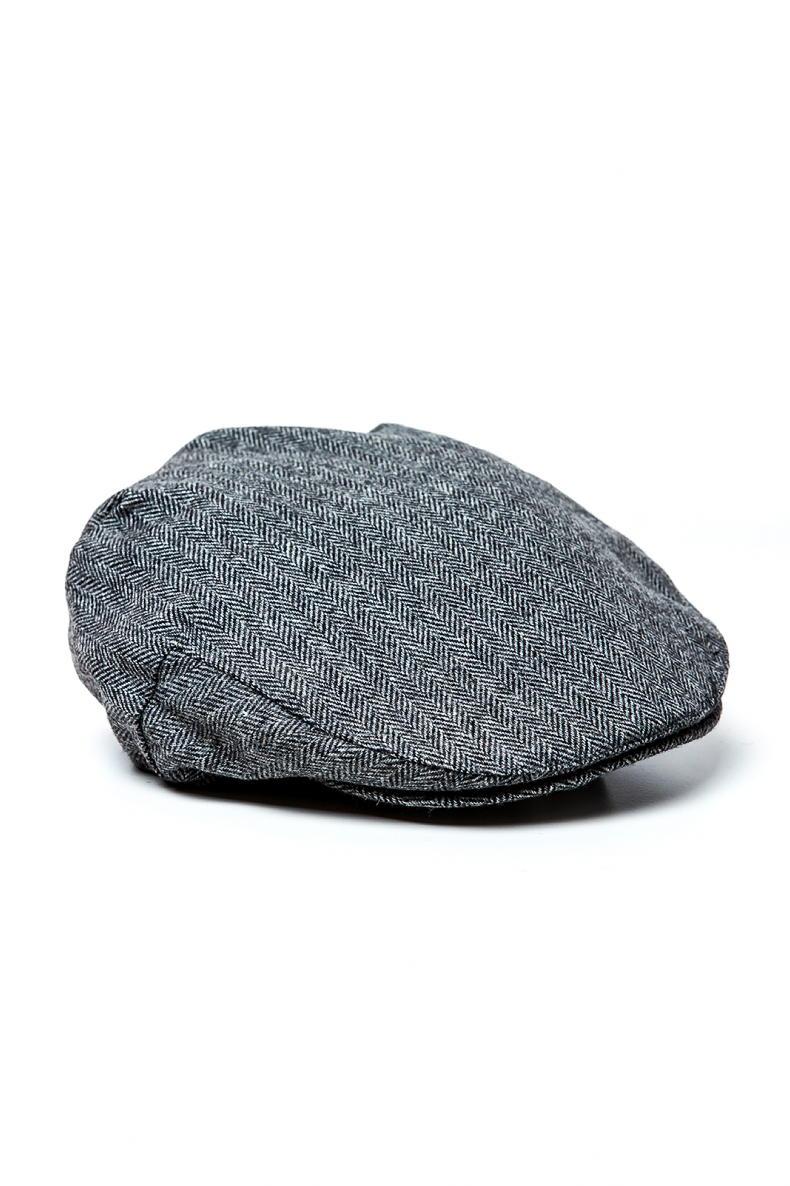
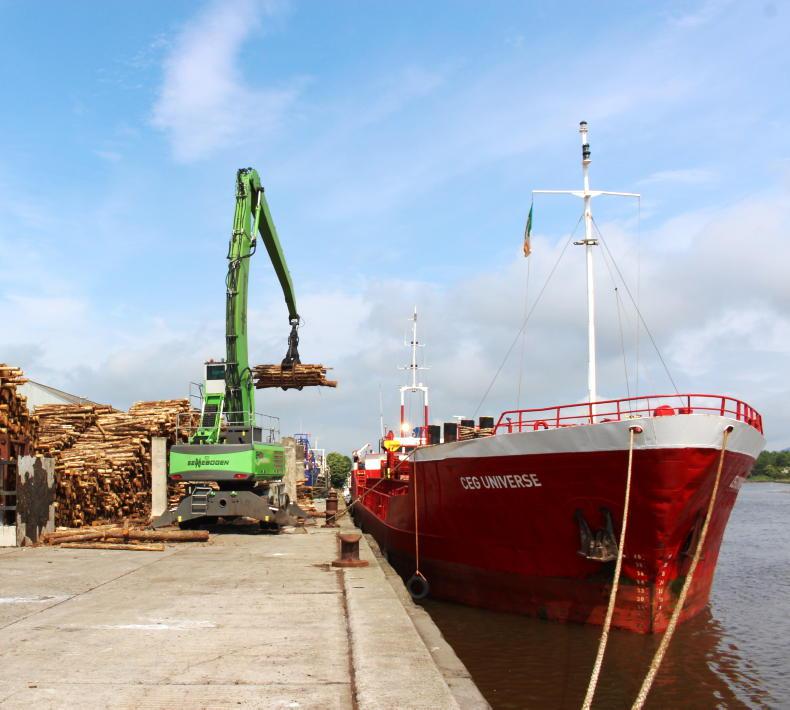
SHARING OPTIONS